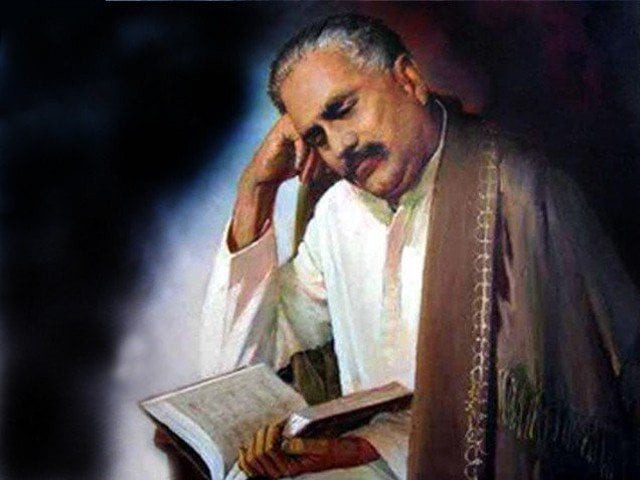‘For Iqbal, Urdu only language for subcontinent’s Muslims’
Speakers suggest following ideas of country’s founders

There is ample proof to suggest that Urdu was considered by the great poet Allama Muhammad Iqbal as the only language for the Muslims of the subcontinent long before the idea was endorsed by Quaid-i-Azam Muhammad Ali Jinnah.
This was suggested by Federal National Heritage and Culture Division Secretary Nausheen Amjad while addressing the inaugural ceremony for a two-day International Iqbal Conference organized by the National Language Promotion Department on Monday.
Amjad said that evidence of Iqbal’s ideas on Urdu uniting Muslims of the then-colonised can be found in the letters the poet wrote to Maulvi Abdul Haq.
On the one hand, she said, his Allahabad address of 1930 provided the ideological base for the creation of Pakistan, while on the other his poetry in Urdu ignited the spark and spirit in the Muslims of the subcontinent to realise his dream of a new homeland in the form of Pakistan.
“It was Iqbal's poetry which provided the realisation and understanding from the east to the west and from the north to the south, about how important it was to break the chains of slavery and gain freedom from the English masters,” she said.
NLPD’ director-general said Urdu is now a major language of the world. He also stressed the importance of promoting and understanding of different aspects of Iqbal’s poetry.
He added that Iqbal’s poetry and politics created a national language for long before the state came into existence. When Hussain Suharwardi came to Peshawar from Bengal to speak about the Pakistan Movement, he spoke in Urdu.
This was because Suhrawardi did not know Pashto while the audience did not understand his native tongue, Bengali.
Iftikhar Arif stated that Iqbal once said his bigotry for the Urdu language was no less than his religious bigotry. For the sake of national unity we should not turn away from the ideas of Pakistan’s founders, he said.
Published in The Express Tribune, November 10th, 2020.


















COMMENTS
Comments are moderated and generally will be posted if they are on-topic and not abusive.
For more information, please see our Comments FAQ